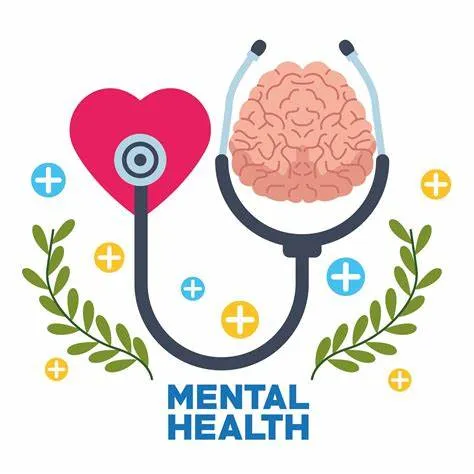Embarking on a university journey can be an exhilarating yet challenging experience. As students transition into this new phase of life, they may encounter various stressors that impact their mental well-being. Universities are increasingly recognizing the importance of mental health support and are offering a range of resources designed to help students thrive. This article provides a comprehensive overview of the mental health resources available at universities and how students can utilize them effectively.

Why Mental Health Resources Matter
Understanding the significance of mental health resources in a university setting is crucial:
- Enhancing Student Well-Being: Access to mental health support contributes to students’ overall well-being, helping them manage stress, anxiety, and other challenges associated with university life.
- Academic Performance: Mental health issues can adversely affect academic performance. By providing support, universities can help students maintain focus and achieve their academic goals.
- Creating a Supportive Environment: Establishing mental health resources fosters a culture of openness and support, allowing students to feel comfortable discussing their mental health without stigma.
Types of Mental Health Resources Available
Universities typically offer a variety of mental health resources to cater to the diverse needs of their student population:
1. Counseling Services
Counseling services are often the first point of contact for students seeking mental health support. These services may include:
- Individual Counseling: One-on-one sessions with trained mental health professionals who can help students address personal challenges and develop coping strategies.
- Group Therapy: Facilitated sessions where students can share experiences and support each other in a structured environment.
- Crisis Intervention: Immediate support for students experiencing urgent mental health crises, ensuring they receive the help they need when they need it most.
2. Workshops and Educational Programs
Educational workshops play a significant role in promoting mental health awareness and resilience. Common offerings may include:
- Stress Management Techniques: Workshops focused on teaching students how to manage stress through various coping mechanisms.
- Mindfulness and Meditation Sessions: Programs designed to introduce mindfulness practices that can enhance emotional regulation and reduce anxiety.
- Self-Care Strategies: Workshops aimed at equipping students with the tools to prioritize their mental health and well-being.
3. Digital Mental Health Resources
In today’s digital age, universities are increasingly providing online mental health resources, such as:
- Teletherapy: Virtual counseling options that offer flexibility for students who prefer remote support.
- Online Resource Libraries: Websites filled with articles, videos, and self-help tools to assist students in managing their mental health.
- Mobile Applications: Apps designed for mental wellness, including mood trackers, guided meditation, and relaxation techniques.
4. Health and Wellness Initiatives
Many universities integrate mental health support into broader health and wellness initiatives, offering:
- Holistic Health Services: Comprehensive care that addresses both physical and mental health needs.
- Fitness and Nutrition Programs: Activities that promote physical well-being, recognizing the connection between physical health and mental wellness.
How to Access Mental Health Resources
For students seeking mental health support, here are steps to effectively navigate available resources:
1. Locate the Counseling Center
Finding the university’s counseling center is the first step. Most universities provide contact information and resources on their websites, making it easy for students to learn about available services.
2. Attend Workshops
Participating in workshops and seminars can enhance understanding and skills related to mental health. Keep an eye out for announcements regarding these events, often found in newsletters or on campus bulletin boards.
3. Utilize Online Platforms
Explore online mental health resources through the university’s website. These platforms often feature valuable information, articles, and tools for self-assessment and support.
4. Consult Health Services
If physical health issues arise, students should consider visiting the university health center. Healthcare providers can assess physical symptoms that may be linked to mental health and provide appropriate referrals.
Conclusion
Mental health resources at universities are essential in supporting students through the complexities of academic and personal challenges. By offering counseling services, workshops, online resources, and integrated health programs, universities create supportive environments conducive to student well-being. It is vital for students to recognize the importance of these resources, actively engage with them, and prioritize their mental health. Seeking help is a strength, not a weakness, and is a critical step towards a fulfilling university experience.